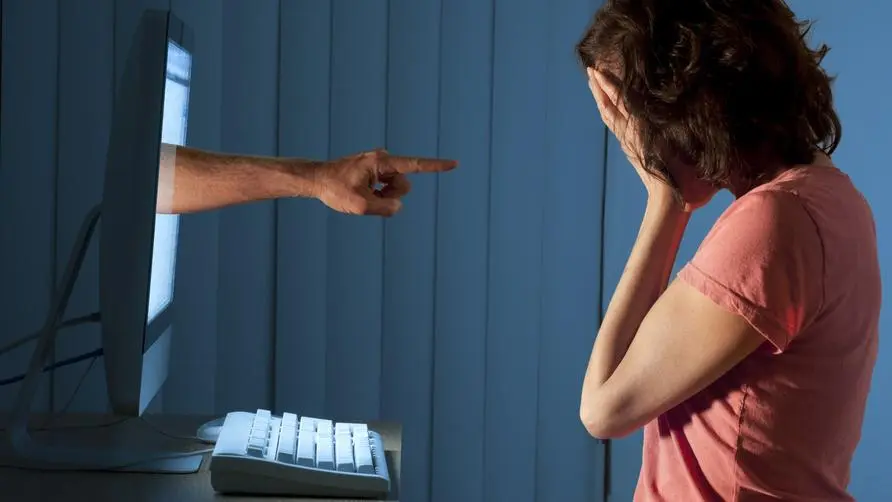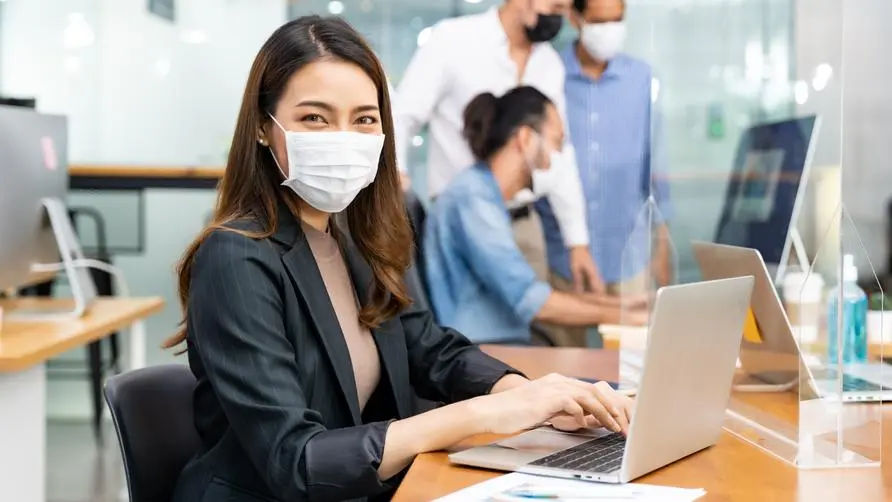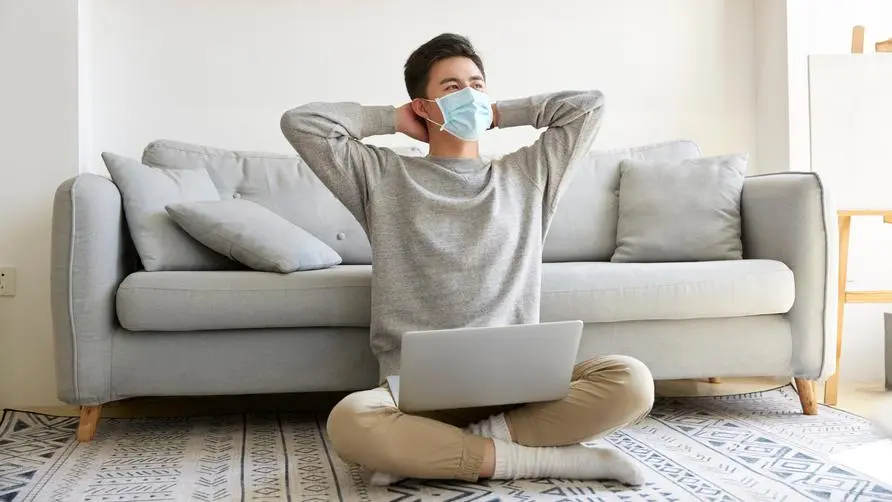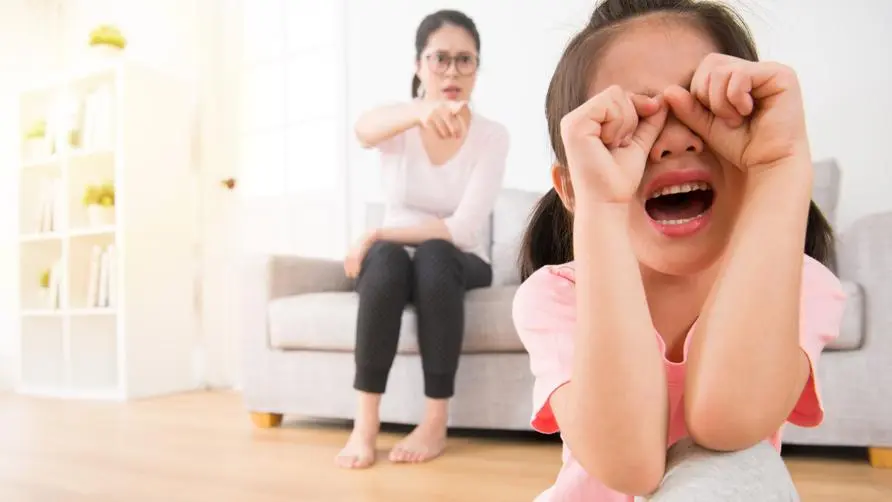How long will it take to live a normal life after recovering from COVID-19? "Post-viral fatigue syndrome" can cause general weakness and cognitive decline?
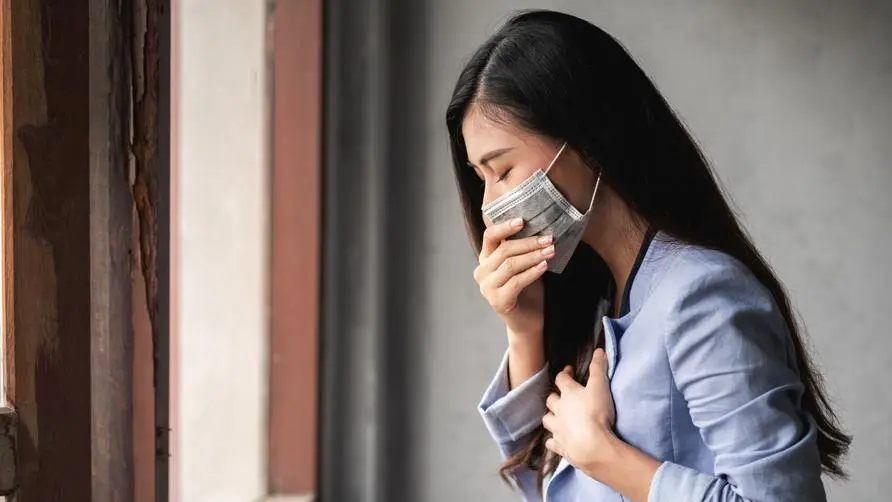
The number of confirmed cases of COVID-19 in Taiwan has roughly dropped to single digits every day since August. With the vaccination rate gradually increasing, more and more people have begun to return to normal life. However, the Delta variant virus has recently begun to enter the community, and people still cannot Take it lightly.
Although fewer and fewer people are diagnosed with COVID-19, the health status of recovered COVID-19 patients may still be worrying! COVID-19 is not a cold, and it will not have any impact on the body once diagnosed. On the contrary, what is really scary about the COVID-19 virus is that it may cause serious sequelae to those who have recovered. What are the sequelae that people who have recovered from pneumonia need to pay special attention to? Recent research has found that it may take “more than a year” for recovered patients to truly return to normal life.
Fatigue syndrome caused by the epidemic greatly affects patients’ lives
Dr. Huang Xuan explained based on the recent research report on COVID-19: among the recovered patients who were diagnosed with COVID-19 and discharged from hospital, 14.6% of the recovered patients were prone to depression, 53% of the recovered patients were still short of breath, and 34% of the recovered patients were still short of breath. of the recovered patients continue to cough, and 69% of the recovered patients have been in a state of fatigue. The World Health Organization also stated that people with mild COVID-19 symptoms can recover within 2 weeks; more severe cases may take up to 6 weeks. British scholars believe that it will take “12 to 18 months” for COVID-19 patients to return to normal life, and the data gap is not insignificant.
Dr. Huang Xuan explained that patients suffering from viral infection will suffer a certain degree of damage in cardiopulmonary endurance, neurocognitive function and concentration ability, which is academically called “Post Viral Fatigue Syndrome, PVFS” (Post Viral Fatigue Syndrome, PVFS) ). This syndrome is not exclusive to COVID-19. During the period from 2002 to 2003, when SARS was raging around the world, Canadian scholars found that people who recovered from SARS had muscle aches, drowsiness, etc., all of which were affected by post-viral fatigue syndrome; in Australia, adenoids Diseases such as Glandular fever, Q fever and Ross River Fever are prevalent, and recovered patients also experience fatigue, cognitive dysfunction and other conditions.
Symptoms caused by post-viral fatigue syndrome include lethargy, cognitive dysfunction, memory loss, general weakness after exercise, etc. Dr. Huang Xuan said that after being attacked by the virus, the human body will have an over-consumption reaction, which will lead to prolonged sleep time. No matter how much sleep you sleep, it will not relieve fatigue. It will also cause the patient to be unable to study or work normally, and cannot maintain normal exercise habits. Even if they work reluctantly, the patients’ concentration, logical thinking and memory may not be as good as before, which will also affect their work performance.
People recovering from COVID-19 need to practice relaxation during the long recovery period
How to ease post-viral fatigue syndrome? Dr. Huang Xuan suggested that people who have recovered from COVID-19 will have various symptoms, which means that their bodies are always in a state of tension. The first thing patients should do is to “try to relax as much as possible” to avoid excessive stress. During home quarantine, it is recommended to eat more fruits and vegetables, drink more water, and reduce foods and drinks that may irritate the body, such as coffee, alcohol, and high-calorie foods. It is recommended to stay away from the all-you-can-eat and spicy hot pot restaurants that Taiwanese love, because eating these foods may only make the body more tired. In addition, the patient’s lungs were severely damaged during the pneumonia virus infection, and he needed to return to the hospital regularly and undergo long-term lung rehabilitation in accordance with the doctor’s instructions.
For all infected people, after being diagnosed with new coronary pneumonia, they must face the fear caused by the lethality of the virus, and they must also worry that they will infect their relatives and friends. They suffer double physical and mental pressure. After recovery, they still have a difficult road to recovery. It is necessary Relatives, friends and the general public provide more support. The public is reminded that if you are now eligible for vaccination, you must get vaccinated as soon as possible to protect yourself and your family. At the same time, we should continue to maintain social distance and epidemic prevention measures, and do not be careless just because the epidemic situation is slowing down. Once the second or third wave of infections breaks out, the return to normal life may be even further away.
source:
